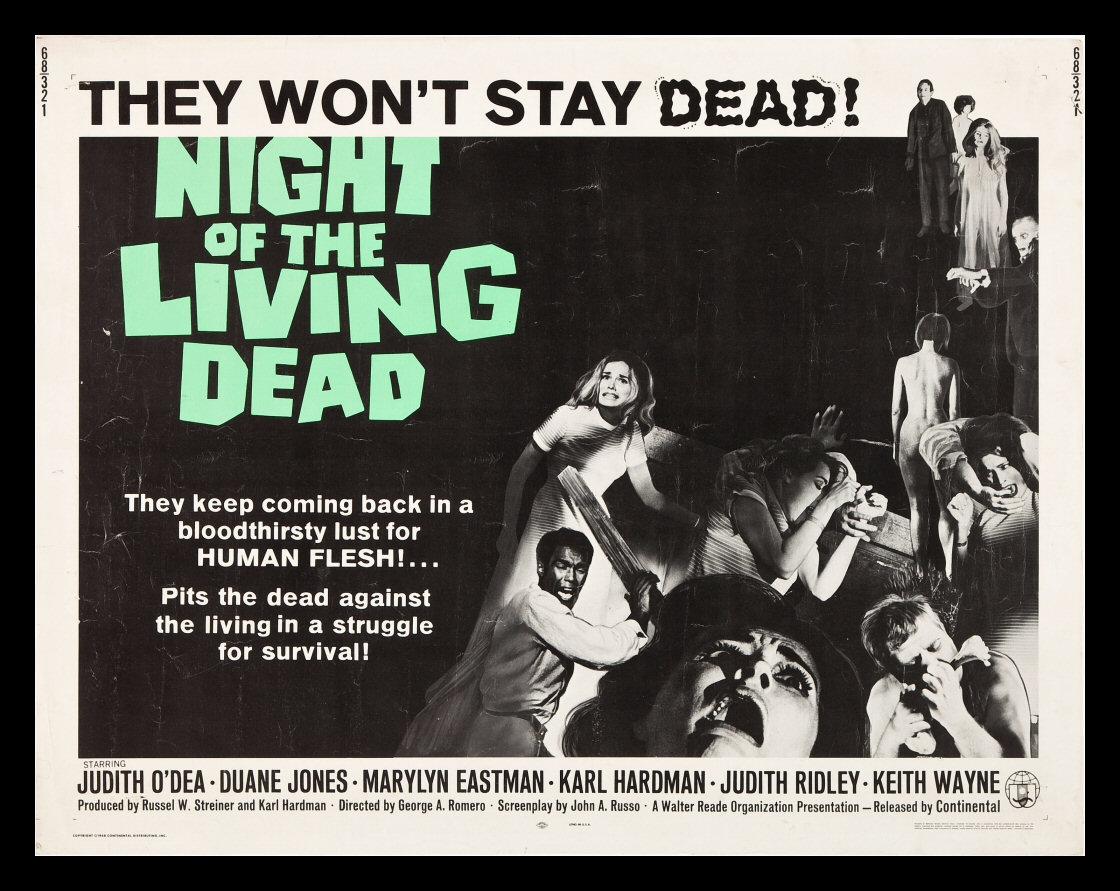Today is the 92nd birthday of author and cultural icon Jack Kerouac. Born in Lowell, Massachusetts in 1922, Kerouac was one of the troika of writers – along with Allen Ginsberg and William S. Burroughs – who formed the core of the Beat Generation. He wrote shaggy dog stories — thinly veiled autobiographical tales about sex and drugs, friendship and spiritual yearning. His style was spontaneous and off-hand, yet he crafted passages of such poetic beauty that they make the reader gasp. He wrote his hugely influential book On the Road — legend has it — during a 20-day writing bender. He went so far as to tape together strips of paper into one continuous scroll of paper so as not to break his flow.
It’s hard to imagine Hunter S. Thompson and his distinctive brand of journalism without Jack Kerouac. Both wrote brilliant, rambling tracts about America. Both could turn a phrase like nobody’s business. Both had political philosophies that didn’t fit comfortably on either the left or right side of the spectrum. The difference is that Kerouac was doing all of this while Thompson was just hitting puberty.
So it might be surprising to learn that Thompson apparently loathed Kerouac’s writing when he was a young man. In a letter penned when the future gonzo journalist was a mere 21 years old, he savaged the Beat writer.
The man is an ass, a mystic boob with intellectual myopia. The Dharma thing was quite as bad as The Subterraneans and they’re both withered appendages to On The Road — which isn’t even a novel in the first place…If somebody doesn’t kill that fool soon, we’re all going to be labeled “The generation of the Third Sex.”
Is this a sincere opinion or is this bluster? Or is it both?
Thirty years later, it’s hard to see if Thompson’s opinion of Kerouac has evolved. In a recording from 1998, which you can listen to above, he seems to praise Kerouac while at the same time slipping in the shiv. In the video, an obviously inebriated Thompson can be heard reading a poem dedicated to the author.
Now I want to tell you.… In fact he (Kerouac) was a great influence on me.… So now I wanna put out my poem…This is my Ode to Jack Kerouac, who remains one of my heroes…Uhhhh…How about this… This is called, let’s see…This is called ‘Hippy Ode To Jack’…
“Four dogs went to the wilderness, Only three came back.
Two dogs died from Guinea Worm, The other died from you.
Jack Kerouac.”Well, Jack was not innocent. He ran over dogs…Just think of it…OK…That’s enough of that for now…Thank you very much. And.…Ahhh…Ya, well…Jack was an artist in every way…I admire the dog thing most of all.
So Happy Birthday, Jack. Hunter brings insults and backhanded compliments with a side of innuendo.
Related Content:
Jack Kerouac Lists 9 Essentials for Writing Spontaneous Prose
Pull My Daisy: 1959 Beatnik Film Stars Jack Kerouac and Allen Ginsberg
Jack Kerouac Reads from On the Road (1959)
Jack Kerouac’s Naval Reserve Enlistment Mugshot, 1943
Jonathan Crow is a Los Angeles-based writer and filmmaker whose work has appeared in Yahoo!, The Hollywood Reporter, and other publications. You can follow him at @jonccrow.







